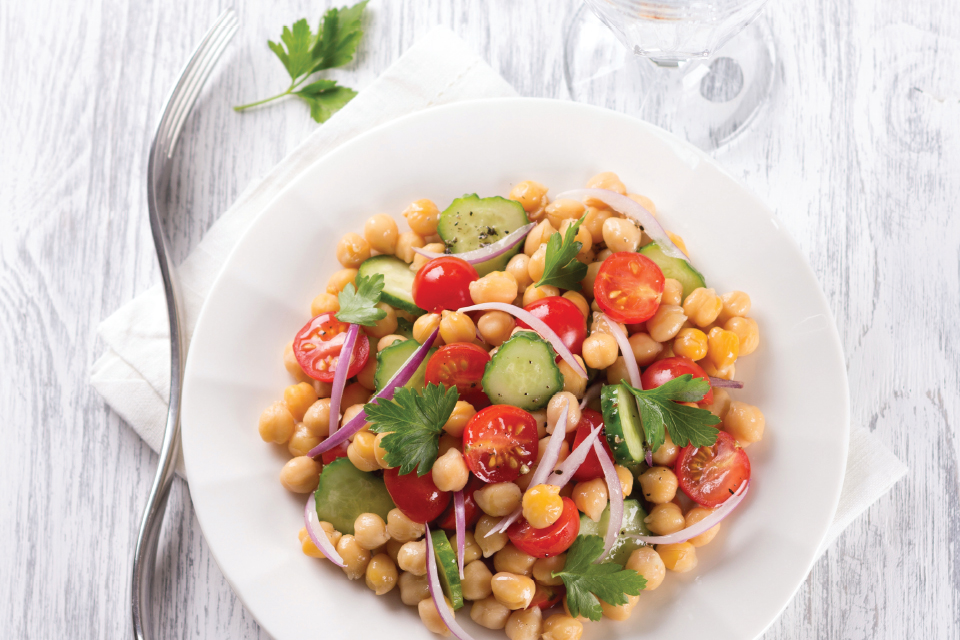Diet Definition: Vegan

The vegan diet may require elimination of all animal-products, but that doesn’t mean it’s restricted to a limited variation of food options. Veganism (also known as strict vegetarianism or non-dairy vegetarianism) has grown in popularity over the past 50 years, but has been evidenced to date back to ancient Greece. Today, there are restaurants, food trucks and packaged snacks that cater exclusively to the vegan diet.
Imagining a well-rounded diet without animal products might have you under the common misconception that vegans only eat fruit, vegetables and grains. We’ve grown up with the understanding that meat provides a substantial amount of protein, and while this is true, it’s not an impossible feat to find healthy alternative forms of protein that aren’t derived from any animals. Veganism relies on a variety of special foods to supplement the nutrients humans usually get from animal-based products.
Tofu
Tofu is made from pressed soybean curd. It typically takes the shape of a semi-solid block, but is incredibly transformative. Not only can it be used to make faux scrambled eggs, stir fry, and even chocolate mousse, it also soaks up flavors of other spices and ingredients.
Tempeh
Tempeh is made by fermenting soybean curds and then pressing it with a mold to create a more firm consistency. It tastes great when it’s fried, grilled, or sauteed (or any other method commonly used on meat).
Seitan
Seitan is a low-fat, high-protein food made from cooked wheat gluten. Appropriately nicknamed, “the wheat meat,” the texture and versatility of seitan make it a good chicken substitute.
Nutritional Yeast
Think of nutritional yeast as the cheese substitute in the vegan diet. It’s often mixed with water to create cheese-like sauces or sprinkled dry on popcorn.
Keep in mind: there’s no single diet that fits everyone. People can be sensitive about their diet, so it’s best to be educated to avoid judgment or false impressions.






